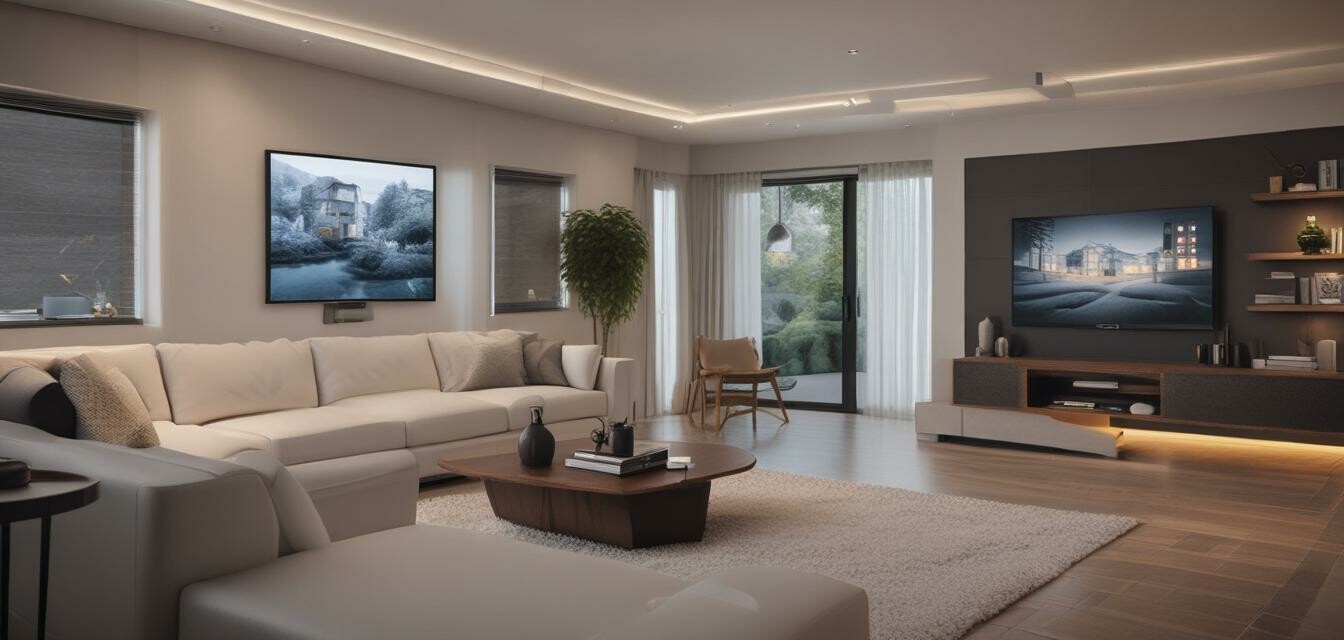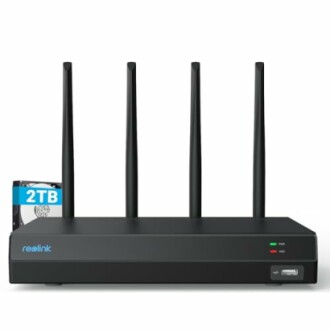
What to Consider When Buying a Home Automation System
Key Takeaways
- Determine compatibility with existing devices and systems.
- Prioritize features like remote access, ease of use, and security.
- Consider scalability for future upgrades.
- Research customer support and warranty options.
Investing in a home automation system offers a multitude of benefits, particularly when it comes to enhancing security and convenience. With an array of devices available, understanding what features to consider is crucial for making an informed decision. This guide will help you navigate through the factors you should evaluate when purchasing a home automation and security system.
1. Compatibility with Existing Devices
Before making a purchase, ensure that the home automation system you choose is compatible with your existing devices such as lights, locks, and security cameras. A seamless integration is essential for optimal functionality. Here is a quick checklist of what to look for:
| Device Type | Compatibility |
|---|---|
| Smart Lights | Check if they work with your control hub (Wi-Fi, Zigbee, Z-Wave). |
| Security Cameras | Ensure they are compatible with the NVR or your smartphone. |
| Smart Locks | Consider compatibility with your smartphone or smart hub. |
2. Essential Features
Home automation systems can vary significantly based on features. Here are some must-have features to consider:
- Remote Access: Ability to monitor and control your devices from anywhere.
- Live Streaming: Check real-time camera feeds for security.
- Automation: Set routines for lights, locks, and more based on your schedule.
- Alerts and Notifications: Get alerts on unusual activities or system malfunctions.
3. Security Measures
Security is paramount in a home automation system. Here are key aspects to consider:
Pros
- Enhanced security with real-time monitoring.
- Remote access provides peace of mind.
- Automated alerts can help identify dangers quickly.
Cons
- Potential for hacking if the system is not secure.
- Requires consistent updates and management.
- Dependence on stable internet for remote features.
4. Scalability
Your home automation system should be scalable, meaning you can easily add more devices in the future. If you plan to expand your smart home, consider systems that allow integration of new technologies without a complete overhaul.
5. Customer Support and Warranty Options
In case of troubleshooting or malfunctioning devices, customer support can be a lifesaver. Look for manufacturers that offer robust customer support, including online resources, chat services, and warranties. This can save you time and money in the long run.
Featured Product: REOLINK 4K 16CH WiFi NVR
For those considering a home automation system with integrated security cameras, the REOLINK 4K 16CH WiFi NVR is an excellent choice. It boasts advanced features such as:
REOLINK 4K 16CH WiFi NVR
A comprehensive home security camera system with Wi-Fi 6 technology, built-in 2TB HDD, and support for various Reolink cameras.
Explore Now6. Conclusion
Choosing a home automation system requires careful consideration of various factors including compatibility, features, security, scalability, and customer support. By taking the time to evaluate these elements, you can provide your home with an intelligent system that offers both security and convenience.
For more insights into enhancing your home’s security systems, check out our related articles:

